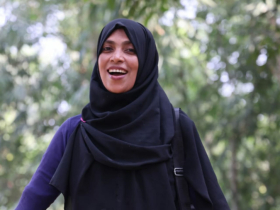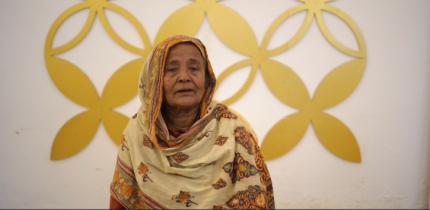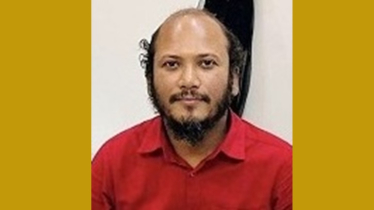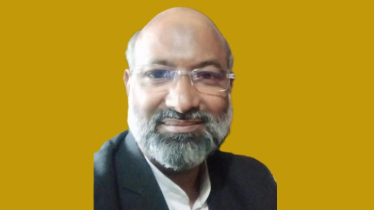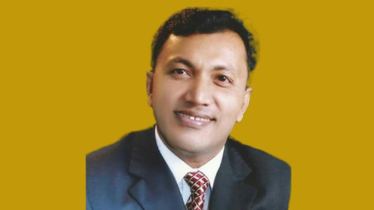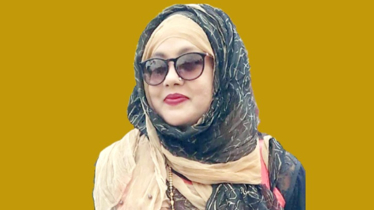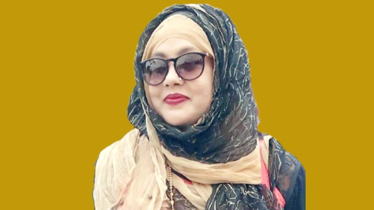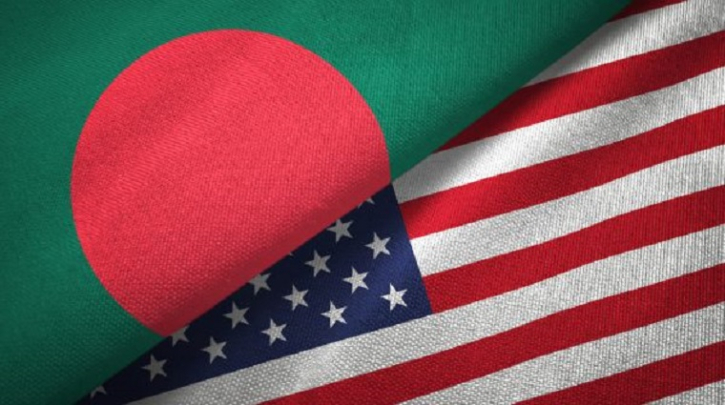
Photo: Collected
The US along with other western countries, and HR organizations have raised several human rights concerns in Bangladesh, including the narrowing civic space, increased surveillance, intimidation, and reprisals often leading to self-censorship. This is further exacerbated by reports of free expression remaining restricted. Journalists being assaulted in the course of their work or cases being filed against them in relation to published stories, remains a grave concern. Rampant arrests of opposition members, and crackdown on several opposition protests have been a key obstacle for a democratic and inclusive environment to prevail. All these continue to be of grave concern for western powers, especially the US.
The US visa restrictions are a direct response to the US concerns about democracy and governance in Bangladesh. The US has expressed its concerns about human rights in Bangladesh numerous times, and the sanctions on RAB are a direct result of those concerns accumulated over the years. There are reports that Bangladesh may also get sanctions for labor issues, and many attach this looming fear with the US concerns regarding Bangladesh’s state of democracy and regarding Bangladesh polls in 2024. The fears have not manifested in reality yet. However, the fears don’t stem from the democratic situation of Bangladesh, rather the timing of such fears spiking is more akin to that. The fears are mostly stemmed from the lack of required development and improvements that the US and the west at large hoped would be achieved. This can be further elaborated assessing the ILO documents and review of Bangladesh.
While these fears and concerns are real, it is also a fact that the US continues to focus on the development of Bangladesh and the US support that it has provided for the same in the previous decades. USAID Country Development Strategy underscores that US through the USAID will build on its work in economic growth, education, health, energy, environment, food security, disaster preparedness, and democracy and good governance. USAID plans to slowly shift from technical assistance to policy assistance to build country management capacity because good governance drives social and economic progress. USAID has invested extensively in improving governance across sectors by improving citizens’ ability to hold elected and appointed officials accountable and strengthening the institutional capacity of government bodies to meet constituents’ needs. Subsequently, the US funding the National Democratic Institute (NDI) and International Republican Institute (IRI) is clearly aligned with those priorities.
According to reports, the NDI and IRI joint team, now in Bangladesh, will conduct a "limited technical assessment" focused on potential electoral violence conditions before, during, and after the country's January 7 parliamentary elections. The team comprises five long-term analysts, who have received accreditation from the Bangladesh Election Commission and will stay in Bangladesh for six to eight weeks, according to an announcement made on December23. The technical assessment includes a thematic analysis of different types of election violence, including inter and intra-party violence, violence targeting women and other marginalized groups, and online harassment and threats, as well as the role of state institutions in addressing these types of violence, in order to evaluate the drivers and implications of election violence during the election cycle.
The NDI and IRI team’s arrival and the USAID Strategy paper that states US development priorities until 2027 underscores that the US will leverage the gains made through good governance by using a private sector approach to enhance organizational and individual capacity that will enhance the socioeconomic opportunities for citizens of Bangladesh, as has been underscored by USAID Strategy Paper.
However, the paper further elaborates that development gains are consistently threatened in Bangladesh by vulnerabilities that inhibit inclusive growth, create setbacks, and undermine the country’s progress. This is key to understand that the US will continue to work with Bangladesh in the future, focused on enhancing the governance and human rights environment of Bangladesh, while not jeopardizing the development gains the country has achieved in last decades. However, the US will not be lenient in its approach to the government of Bangladesh and will continue to use strict tools, even sanctions to ensure that the government adheres to international laws and norms of democracy and human rights. Not only that, but also the US economic and geostrategic priorities in Bangladesh underscore the same.
Among others, the US key geostrategic priorities in Bangladesh are the US also continues to woo Bangladesh to join its Indo-Pacific Strategy which is the key strategic outlook of the US for its Asia pivot, and to counter the rise of China. China and America are courting Bangladesh because being next to the Bay of Bengal it can provide easy access to the Indian Ocean, which funnels much of the world trade. The By controlling this sea lane, the US can choke off China’s economy. Bangladesh can give China an alternative land route via Burma. The US remains the largest investor in Bangladesh. While Chevron’s investment continues to enhance and support Bangladesh’s energy needs, other US companies seek to engage in Bangladesh economy regularly. US based ExxonMobil Corporation, one of the world's largest oil and gas companies, has expressed interest in exploring gas in all the open deepwater offshore blocks and some onshore blocks using the required two- and three-dimensional seismic surveys. The Bangladesh Government is planning to enter into an agreement with the American company, Excelerate Energy Bangladesh Limited, for the supply of liquefied natural gas (LNG) to the private sector. Under this arrangement, the company will provide LNG for 15 years starting from 2026.
Bangladesh is endeavouring to handle its relations with the US in the lead-up to the next election. Navigating this dynamic geopolitical situation will require astute diplomatic strategies and judicious decision-making on Bangladesh's part. While attempting to maintain relationships with China, Russia, and the US, Bangladesh will also need to prioritise human rights and democratic principles, particularly in the context of potentially embracing the IPS.
In multiple exchanges, the US officials have expressed US' willingness to "strengthen and deepen" ties with Bangladesh. Meanwhile, the US will continue to pressure the Bangladesh Government, ergo the ruling regime for improving its record in human rights. The US will continue to take targeted measures for pressuring key elements, structures, and individuals of the ruling regime for persuading them for improving the democratic values and practices that declined in the last more than one decade. Overall, the US-Bangladesh relations will continue to move forward, the pace of it would be dictated by not only Bangladesh’s internal and state dynamics, but also regional and global nuances. The US will continue to pursue its interests in Bangladesh through its key priorities and goals but will also unreluctantly take strong position and hard measures for ensuring that the ruling regime of Bangladesh adhere to its democratic, human rights, and civil rights priorities. As the US sanctions against Bangladesh’s labor sector looms large, so will other tools and efforts of the US will be coming along in the coming months post Bangladesh elections, mostly to coax Bangladesh Government into compliance of US priorities in terms of governance and human rights.
The writer is Political and International Affairs Analyst.

.png)
